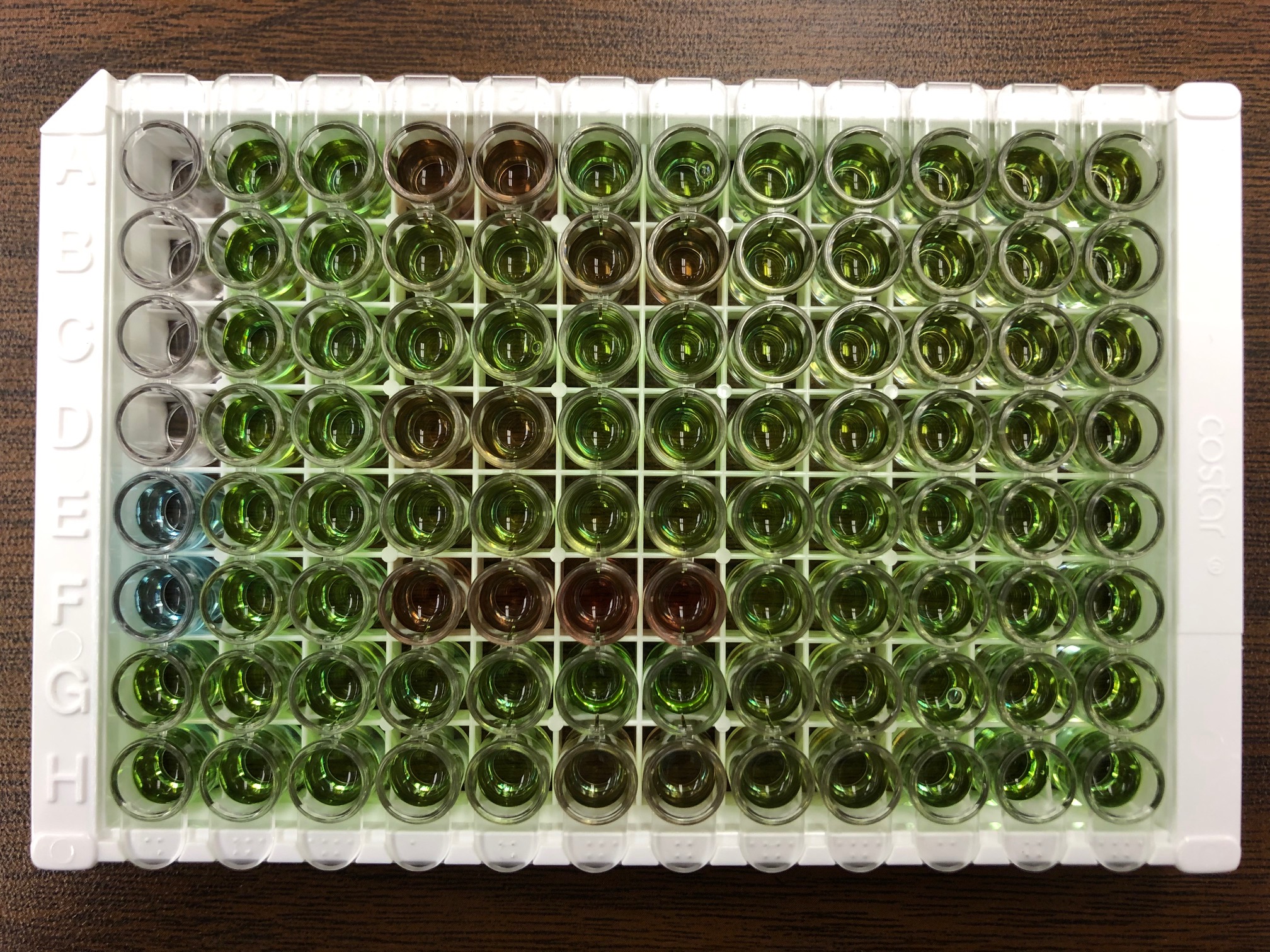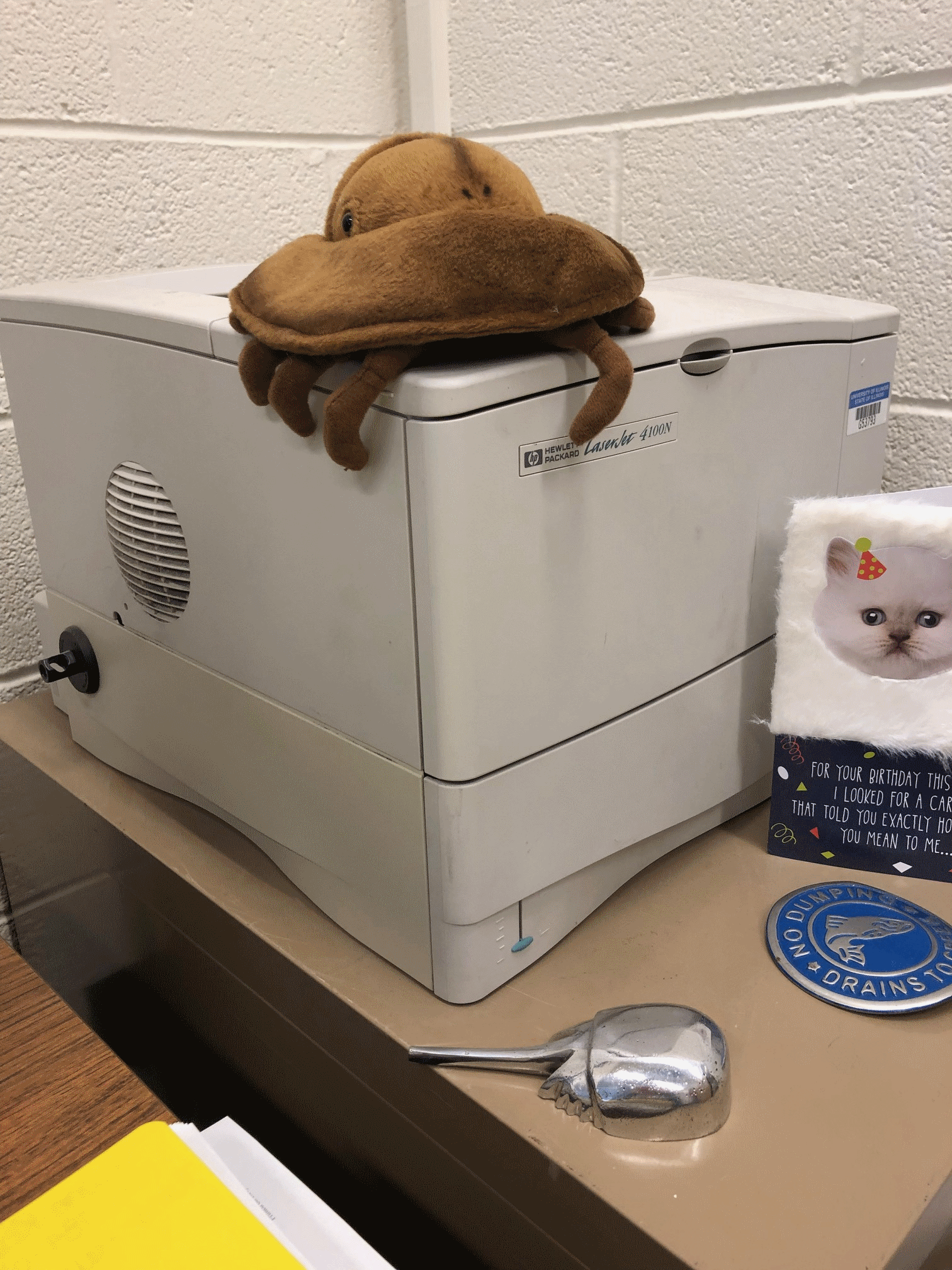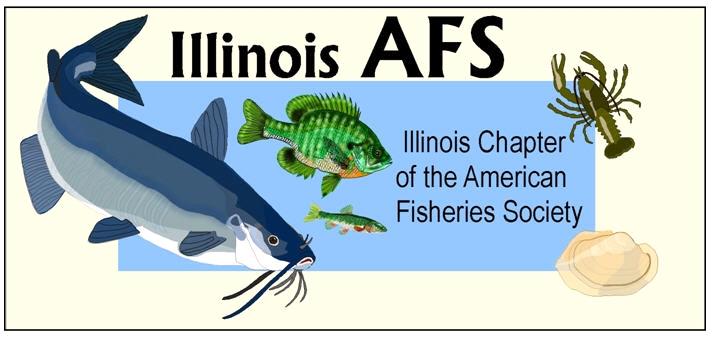Toniann is a 2nd year Master’s student from NRES working in Dr. Cory Suski’s Fish Physiology Lab. She studies fish behavior and stress physiology as predictors of hook-and-line capture of largemouth bass. Her focus is on the environmental interactions of these traits to determine which individual fish are likely to be captured through angling.
What have you been working on this past week?
This week I’ve been wrapping up analysis of plasma samples from fish. Part of my last chapter is testing for relationships between hormonal stress responsiveness and inspection of fishing lures. So I have hundreds of plasma samples extracted from fish blood in our -80oC freezer in the lab that I analyze through hormonal assays. I spent most of my time this past week pipetting (causing my right arm to get very sore). I finally finished though and now have values for cortisol responsiveness for all of my individual fish. So I’ve moved onto analysis to see if there was an effect of my fasting treatment on the hormonal responsiveness of my fish. And if you’re interested, the answer is YES, fasted fish are significantly more stressed than fed fish (my first ever significant result from my Master’s work, yay!).

What are you looking forward to for next week?
Next week is the Illinois Chapter of the American Fisheries Society Annual Meeting. This is where fisheries scientists come together from around Illinois State and share the research findings they’ve been working on. I’m looking forward to hearing everyone’s newest research and sharing the last 2 chapters of my thesis with everyone (I didn’t have my data polished to present this time last year). There’s also a raffle during dinner one night, and this year UIUC gathered the most raffle donations we ever have, and I am the fundraising chair for the student subunit, so I’m very proud! We’ll be donating more than 20 items, and I think the cutest is a dog life vest!
Do you have any interesting office decorations?
I have 2 horseshoe crab friends in my office (Donovan and Harriett). If you know me well, you know I have a strange obsession with horseshoe crabs. People who didn’t grow up on the east coast might not know what these are, but they are amazing creatures! They’re prehistoric and lived when the dinosaurs lived and humans harvest their blood, another fun fact lots of people don’t know. Their copper-based blood coagulates when exposed to bacteria, so all intravenous medications and medical equipment are tested with horseshoe crab blood to detect bacterial contamination. This harvest only takes some blood from mostly females (they’re larger than males), and release the crabs back into the ocean after the “donation,” but there are still behavioral and physiological effects of this harvest. Check out this Anderson et al. 2013 paper on it to learn more.



